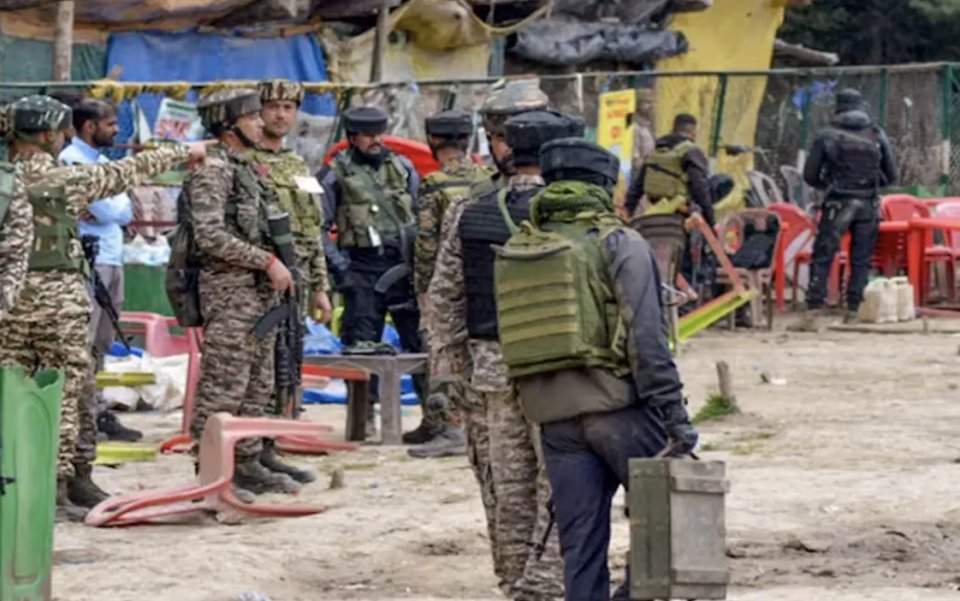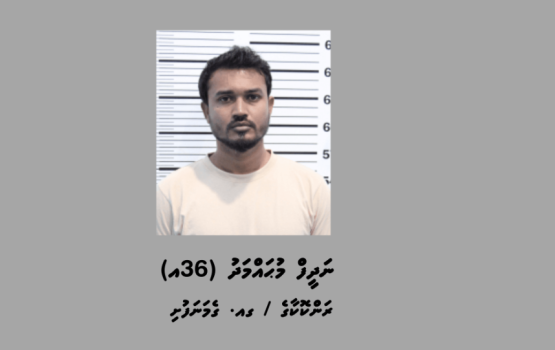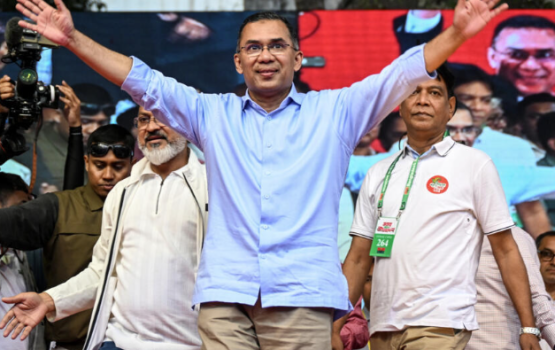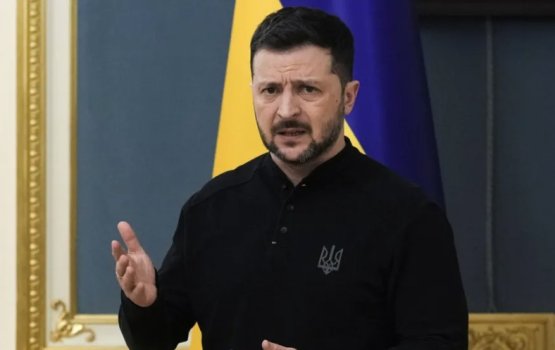The recent terror attack in Pahalgam, Kashmir, that claimed the lives of 26 civilians—mostly tourists—has sparked strong domestic and international reactions, intensifying diplomatic tensions between India and Pakistan.
Israel Condemns Attack, Calls on Pakistan to Act
Kobbi Shoshani, Israel’s Consul General to Midwest India, strongly condemned the attack, calling the images emerging from the scene "heartbreaking" and describing the act as "unacceptable." He directly urged Pakistan to take responsibility and act decisively against terrorist activities operating from its territory.
China Calls for Restraint and Fair Investigation
China, responding cautiously, called for de-escalation between India and Pakistan, urging both nations to "exercise restraint" and "meet halfway." Chinese Foreign Ministry spokesperson Guo Jiakun emphasized the importance of dialogue and an impartial investigation into the incident. “China welcomes all measures that are conducive to cooling down the current situation,” Guo said during a media briefing.
Russia and China Discuss Regional Terrorism Threats
As tensions flared, diplomats from Russia and China convened in Moscow to discuss regional security and counterterrorism. Their dialogue covered threats in South and Central Asia, including Kashmir, and focused on strategies to counter radicalisation and extremist ideologies.
Over 1,000 Indians Leave Pakistan Post-Attack
In the wake of the attack, over 1,000 Indian nationals have returned home from Pakistan via the Wagah border, following the abrupt cancellation of visas. Similarly, more than 800 Pakistani citizens have returned to their country, officials confirmed.
Uttar Pradesh Deports Pakistani Nationals
Uttar Pradesh has taken swift action following a central government advisory, expelling all Pakistani nationals residing in the state except one, who is scheduled for deportation on April 30. The state claims to be the first to complete the repatriation process, with police and intelligence units supervising the operation.
War of Words Over Indus Waters Treaty
The terror attack has reignited tensions over the Indus Waters Treaty. In a fiery address, Pakistan Peoples Party leader Bilawal Bhutto-Zardari warned that halting the treaty would lead to "blood flowing" instead of water—a statement that drew strong rebuke from Indian leaders.
Hyderabad MP Asaduddin Owaisi lashed out at Bhutto, referencing the assassinations of his mother, Benazir Bhutto, and grandfather, Zulfikar Ali Bhutto. Union Jal Shakti Minister CR Paatil challenged Bhutto to “come to India if you have courage,” dismissing the rhetoric as hollow bravado and reiterating India’s commitment to conserving its water resources.
The Pahalgam attack has not only led to diplomatic upheaval but has also amplified existing geopolitical frictions. As global powers call for calm and dialogue, the regional atmosphere remains fraught with tension. (Source: News feeds)







